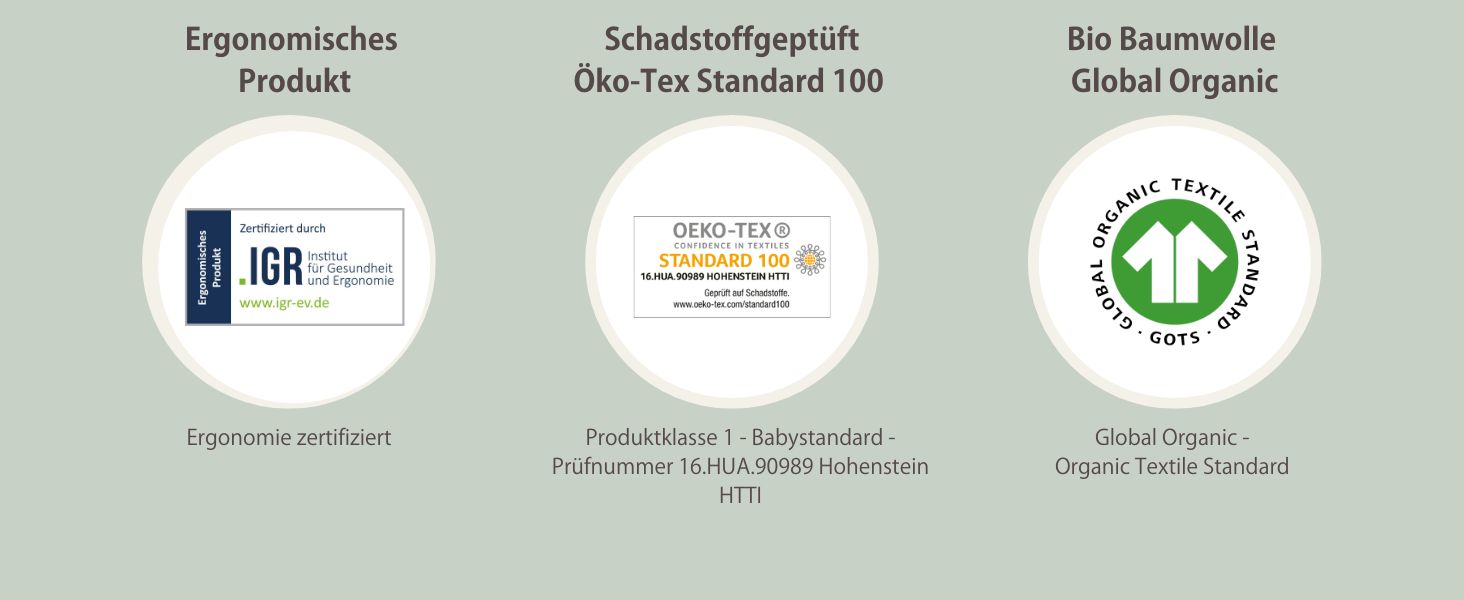-
-
0
Please add at least two items to the comparison list.
-

-
+49 (0) 3301 83926 20
Mon-Fri from 9:00 a.m. to 4:00 p.m.
-
Customer Service
 Customerservice & SupportWe help and advise you in all questionsContactSachsenhausener Str. 6D, 16515 OranienburgTel: +49 (03301) 83926-20Email: service@sei-design.de(Mo-Fr.) 9:00 - 16:00
Customerservice & SupportWe help and advise you in all questionsContactSachsenhausener Str. 6D, 16515 OranienburgTel: +49 (03301) 83926-20Email: service@sei-design.de(Mo-Fr.) 9:00 - 16:00 - Events & Trade Fairs
- News
- Comparelist
- About Us
- Contact
- Log in
-
0
Please add at least two items to the comparison list.
-
-

%20bettdecke.jpg)

